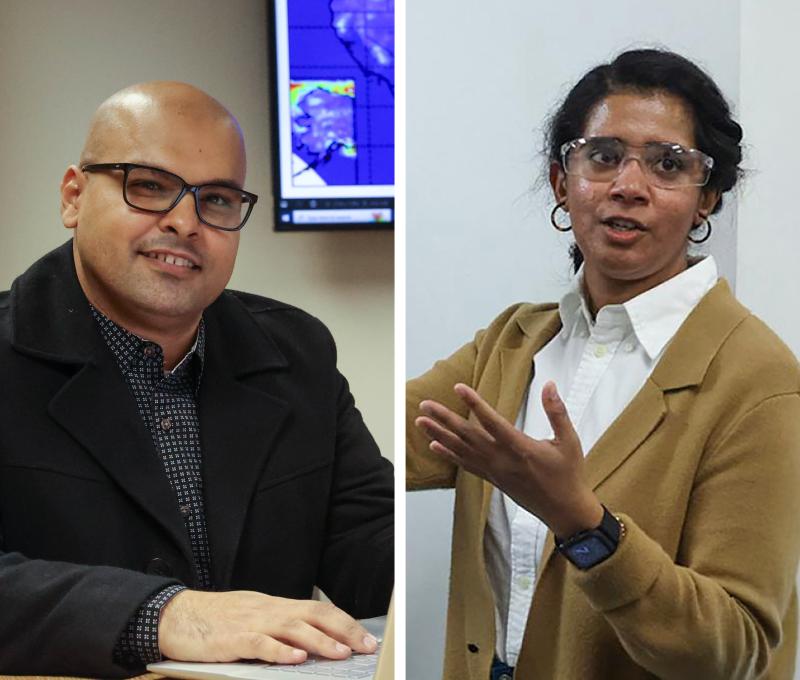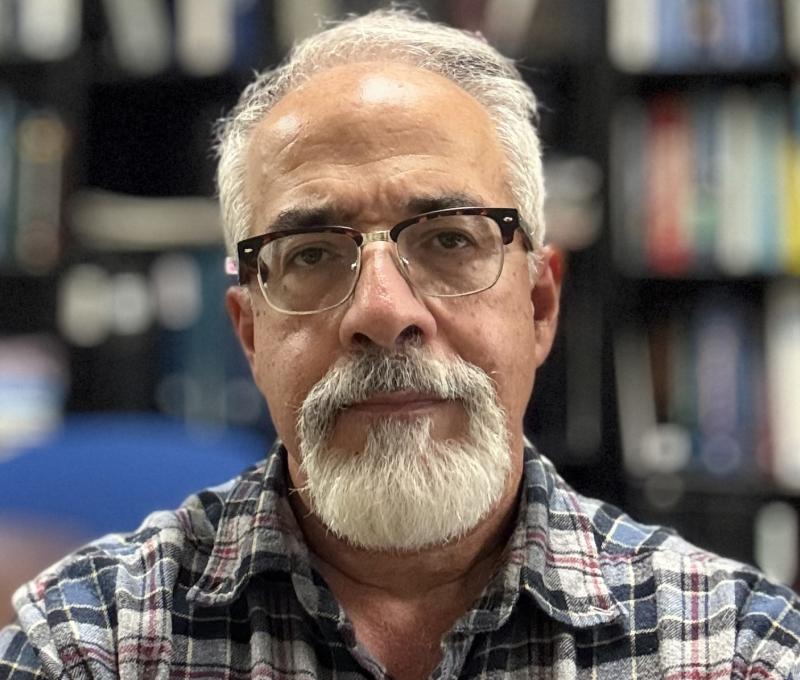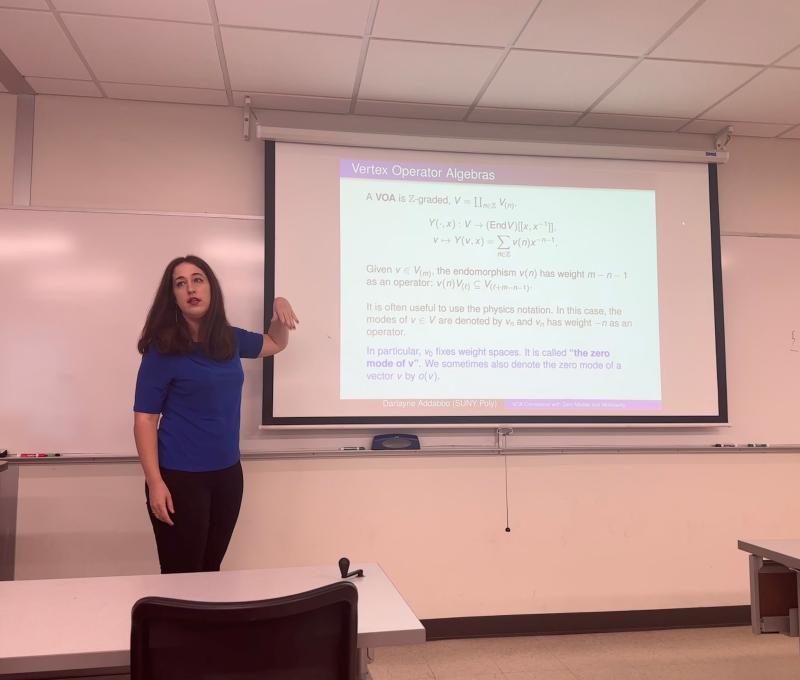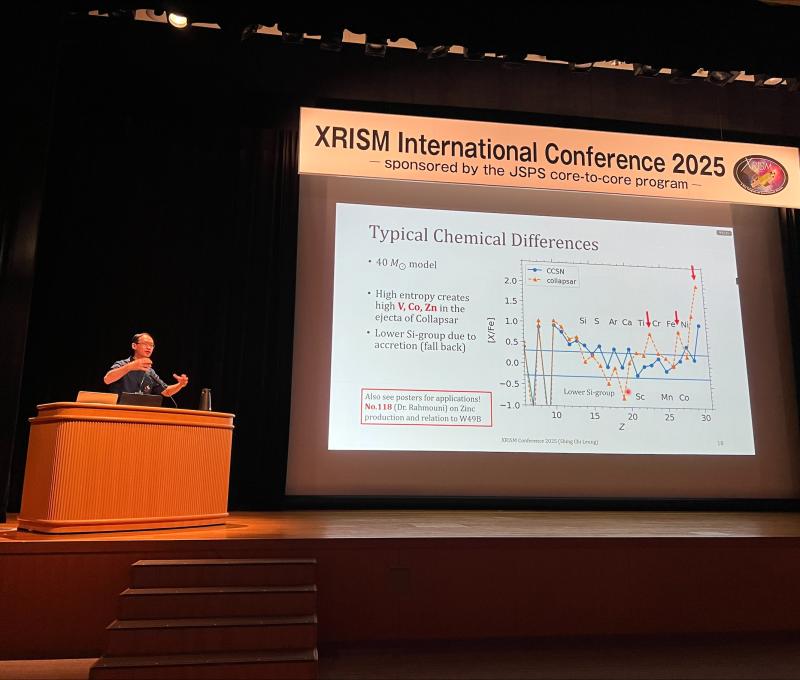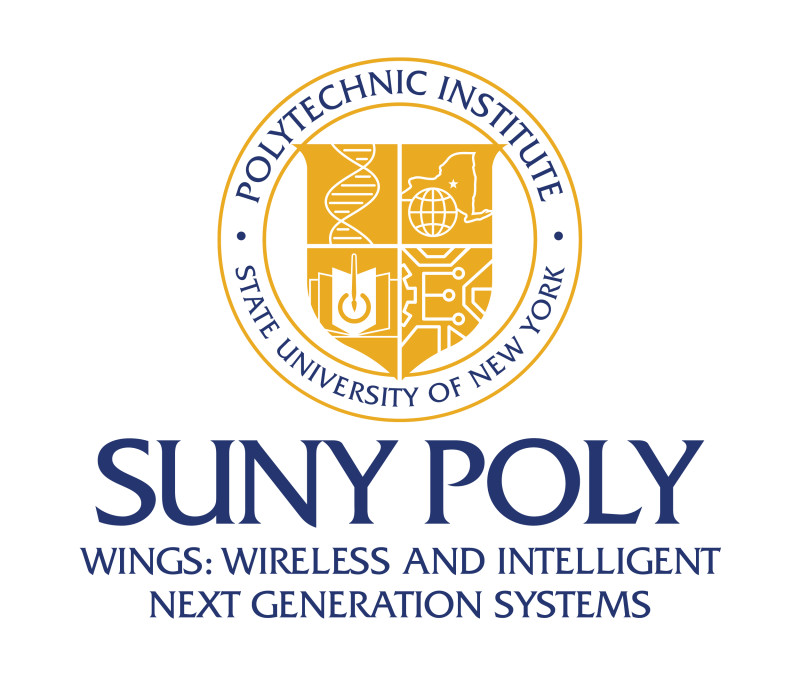News Release: SUNY Poly Announces $300,000 in Funding from U.S. Department of Energy for Ultrafast Scintillation Detectors

For Release: Immediate – February 1, 2022
Contact: Steve Ference, Director of University Communications | (518) 429-7742 | sference@sunypoly.edu
Grant provides funds to build and evaluate novel semiconductor detectors with high- energy physics, medical imaging, and security applications
ALBANY, NY – SUNY Polytechnic Institute (SUNY Poly) announced today that Professor of Nanoscience Dr. Serge Oktyabrsky has received $300,000 in funding from the U.S. Department of Energy to further develop state-of-the-art scintillating detectors, which, upon the detection of fast, charged particles, or X-ray photons, emit measurable light, resulting in the fastest high-yield scintillating materials reported so far. By being able to detect particles faster, they can be used for high-energy physics applications and can be essential for a range of critical medical imaging and nuclear security-focused applications.
These more sensitive and faster detectors have been expected in high-energy physics experiments resolving fundamental mysteries of matter. For example, the detectors might dramatically enhance particle identification capabilities of high-energy accelerators studying the subatomic world. In medical imaging, patients might be able to receive lower doses of radiation because less radiation would be needed for detection as part of X-ray computed tomography, or CT scans, as well as positron emission tomography, or PET scans.
The novel detectors are based on unique semiconductor technology capabilities at SUNY Poly, including molecular-beam epitaxy of quantum dot structures, cleanroom processing, and analytical laboratories where graduate students are building, analyzing, and optimizing the detectors. Within the project, the students will test the integrated detectors using University at Albany Accelerator Lab facilities and collaborate with Fermilab experts on high-energy physics applications.
“On behalf of SUNY Poly, I am proud to congratulate Professor Oktyabrsky for his research efforts culminating in the receipt of this U.S. Department of Energy grant, which will support detectors that promise accurate medical imaging with less impact to patients, in addition to the potential to be used for more robust security applications,” said SUNY Poly Interim Dean of the College of Nanoscale Science and Engineering Dr. André Melendez. “This initiative is a strong example of SUNY Poly’s research capabilities, powered by faculty expertise, providing the potential to improve our lives.”
“I am grateful to the Department of Energy for this support and Fermi National Accelerator Laboratory for valuable long-term collaboration as we aim to demonstrate signal characteristics from low energy (~50-100 keV) X-ray photons and minimum ionizing particles; find the mechanism and eliminate peak broadening to demonstrate expected energy resolution; show particle tracking with time resolution faster than 100 picoseconds; and determine the key radiation-based degradation properties,” said Professor Oktyabrsky.
The detectors naturally operate at low voltage, and are also more robust than their traditional silicon-based counterparts because they are more radiation tolerant. This research builds upon earlier efforts supported by U.S. Department of Energy and National Science Foundation grants.
####################
About SUNY Polytechnic Institute (SUNY Poly)
SUNY Poly is New York’s globally recognized, high-tech educational ecosystem. SUNY Poly offers undergraduate and graduate degrees in the emerging disciplines of nanoscience and nanoengineering, as well as cutting-edge nanobioscience programs at its Albany campus, and undergraduate and graduate degrees in technology, including engineering, cybersecurity, computer science, and the engineering technologies; professional studies, including business, communication, and nursing; and arts and sciences, including natural sciences, mathematics, humanities, and social sciences at its Utica campus; thriving athletic, recreational, and cultural programs, events, and activities complement the campus experience. As the world’s most advanced, university-driven research enterprise, SUNY Poly boasts billions of dollars in high-tech investments and hundreds of corporate partners since its inception. For information visit www.sunypoly.edu.

